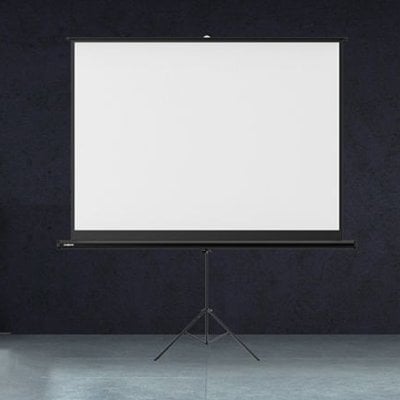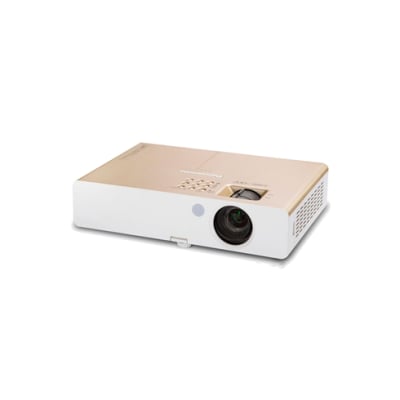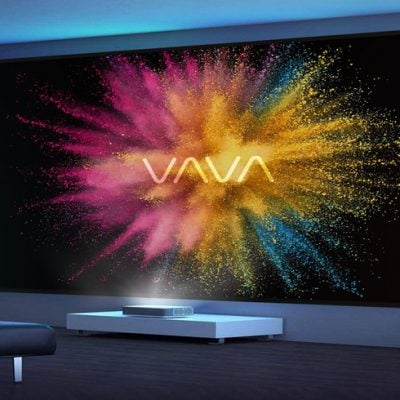White Projector Screen vs Black: Which is Better?

Unlike a black screen that requires you to sit directly in front of the screen, white color reflects the lumen to all directions, facilitating an ample viewing experience. White screens can reflect light onto any nearby surface in the room, facilitating viewing from any angle, which means you can view the presentation from any angle.
At the same time, white color screens are also popular because they are affordable and readily available. The only drawback to this type of screen is that you may have to darken the room thoroughly to get a good image. Sometimes, white screens will dilute or wash out some colors whenever there is little ambient light.

Howwever, even when there is a lot of light, a black screen will still offer you a high-quality image.Black is known to reflect little to no light. When it comes to using the projector, a black screen absorbs all the ambient light thereby improving the image contrast. And since they don’t reflect any light, there will be no need for darkening your room. Black screens have this ability to make a good home theater experience with high contrast images.
Read more:




